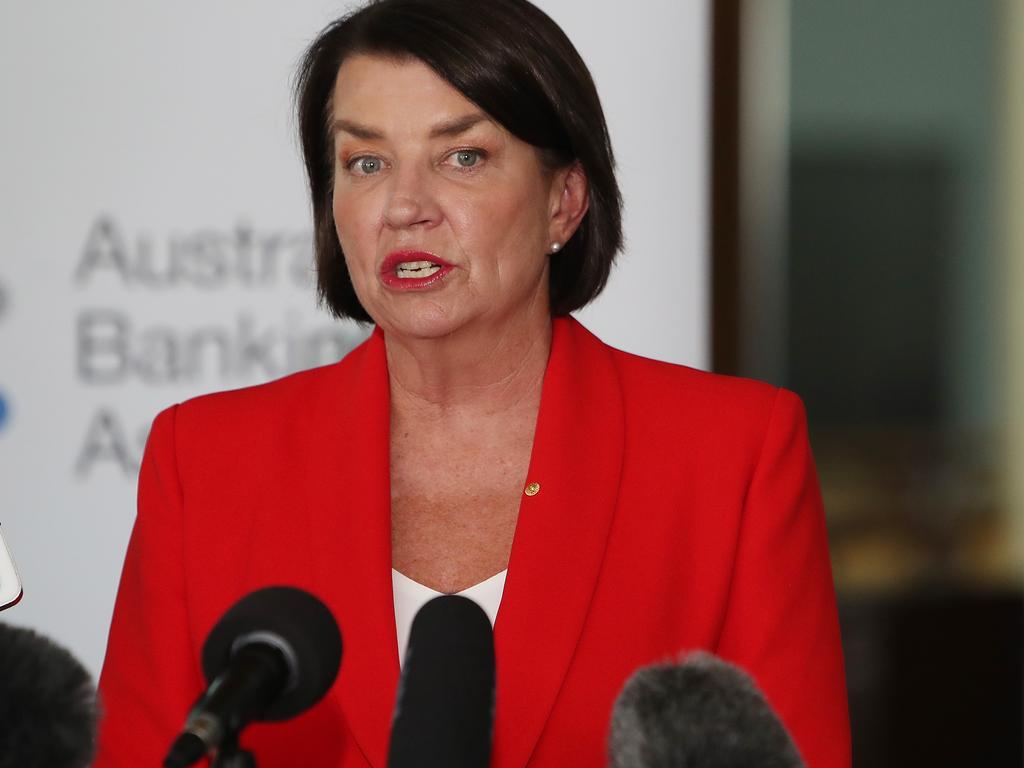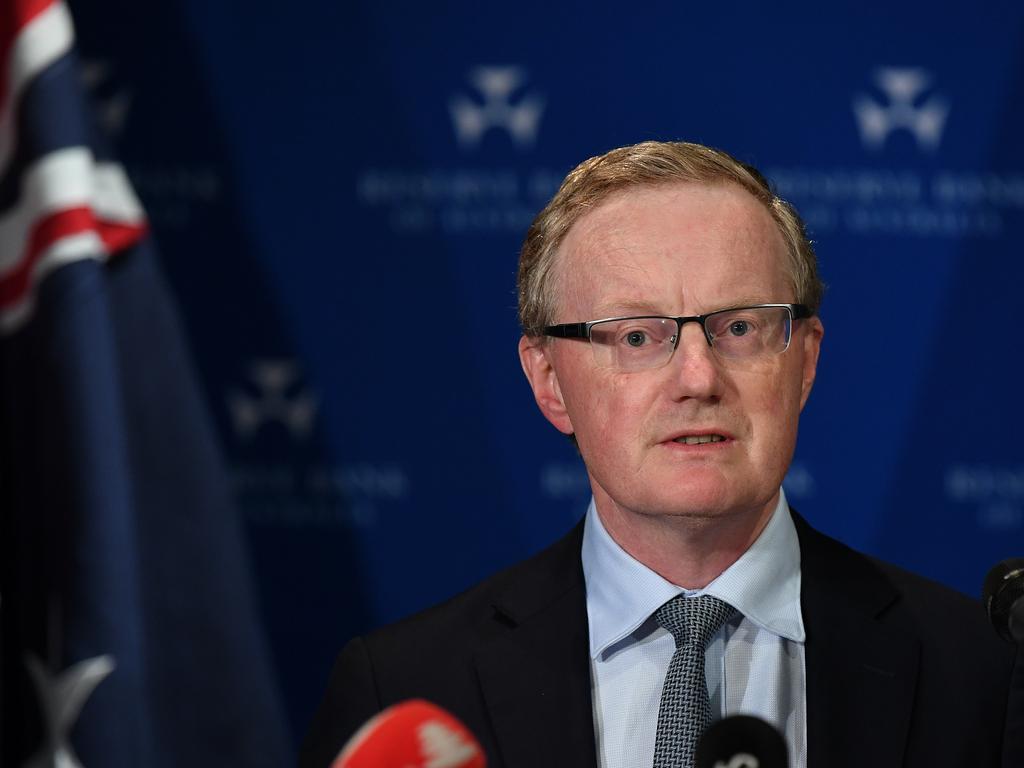How Morrison can learn from Kennett’s response to the 1991 recession


These messages must encourage the businesses and high-wealth individuals that survive this economic rout to join forces to help rescue the nation’s finances.

Prime Minister Scott Morrison’s messaging on Friday was the strongest and clearest it has been.
He looked like a man in control with a clear and straightforward message “to keep Australia running’’ during the coronavirus crisis.
There are some very clear lessons from Australia’s economic collapse in 1991, which led to double digit unemployment, fuelled by a blowout in interest rates.
These are different circumstances, probably more extreme.
But Morrison and Treasurer Josh Frydenberg can learn the lessons from three decades ago.
This is best explained by comparing South Australia’s failed management of the recession compared with Victoria’s rapid recovery.
The $3.15bn State Bank collapse in South Australia ripped the guts out of that economy for the best part of 20 years. Maybe more.

In Victoria, the $2.7bn collapse of the State Bank of Victoria/Tricontinental, the failure of the Pyramid Building Society and the dramatic wind-down of manufacturing should have left it and South Australia reeling as kindred spirits over the long term.
In fact, the election of Jeff Kennett in 1992 radically transformed Victoria and by the end of 1999 the budget was heavily in the black and the platform was set in place for Melbourne to become a powerhouse city by the 2020s.
Conversely, South Australia struggled for years due to political instability, a lack of scale and — fundamentally — a lack of a coherent vision.
The second, and highly significant point, is the failure of South Australian moneyed families and business to invest sufficiently in the local economy at a rate quick enough to encourage jobs and investment growth.
This is a critical point, one that Morrison would be wise to consider.
People with money who survive today’s (almost certain) recession need to be encouraged to invest in Australia’s future.
In 2017-18, the wealthiest 20 per cent of Australian households held 60 per cent of all localised wealth, at an average of $3.2m per household
There are a lot of private individuals with a capacity to help Australia recover from this crisis.
In South Australia in 1991, it was the failure of many of these people that held the state back for so many years.
Once this virus crisis passes, which it will, the success or otherwise will be in whether Morrison and his government have the capacity to flick the switch to vaudeville and get the country pumping once again.
We are probably eight to 12 weeks away from knowing when this political drive to reinvigorate the economy will be having an impact. Maybe even six months.
Timing will be everything.
Morrison could do much worse than use Victoria’s former Liberal premier Jeff Kennett as a sounding board for the way forward, once the big, necessary decisions are made to keep the economy afloat.
Kennett the ad man, could contribute greatly in a strategic sense to Morrison the marketing man.
A surprise packet in many ways has been AFL chief executive officer Gillon McLachlan, who has shown enormous courage to get the league back on the field for the 2020 season.
It’s debatable whether the players should be playing. What is not debatable is that McLachlan has shown extraordinary, courageous leadership in a time of absolute crisis.
Most Australians have never seen anything like this and there is still a strong risk it could end up being an economic catastrophe.
But the rebuilding task must go much deeper than just government.
The businesses and wealthy individuals who survive the coronavirus will need to stand up in a meaningful way.







The core lesson from the 1991 recession is that economies will not recover quickly unless there is strident political leadership that sells clear messages.